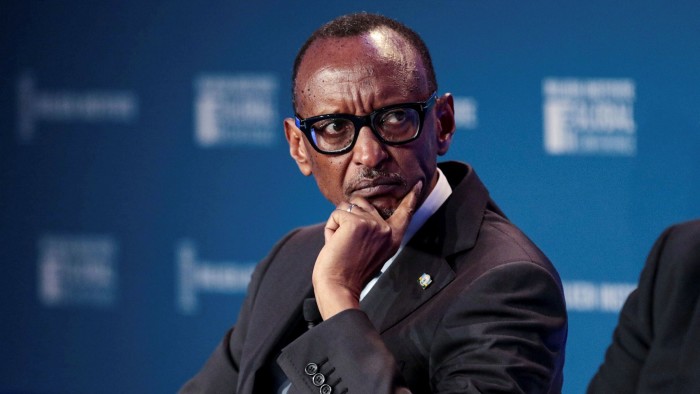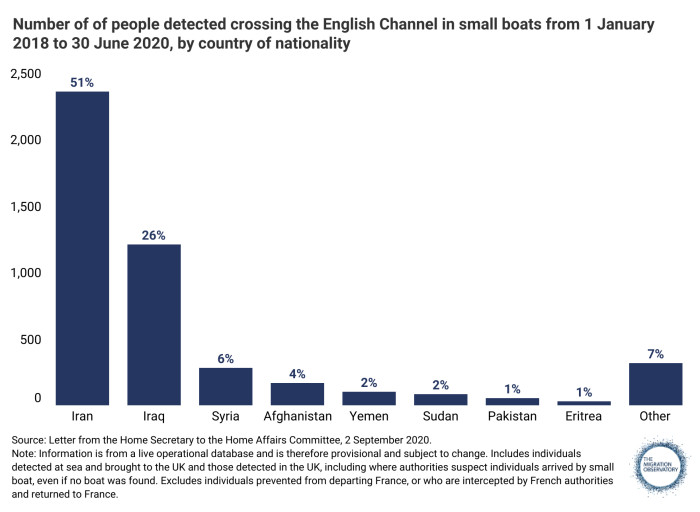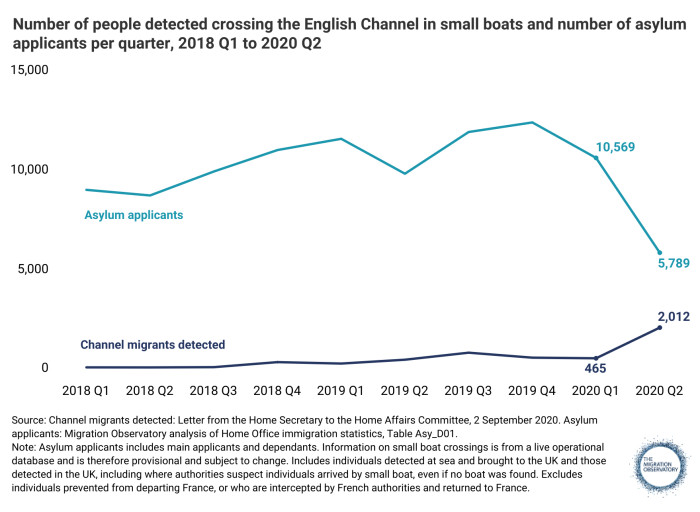Welcome to Inside Politics, Stephen Bush’s analysis of power and policy in the UK

Roula Khalaf, Editor of the FT, selects her favourite stories in this weekly newsletter.
Good morning. Welcome to Inside Politics, the FT’s new email which will land in inboxes every weekday morning.
I’ll be discussing power, policy and politics in the UK, hopefully with intelligence, humour and definitely an excessive number of references to Bob Dylan and 2000s indie. With my colleague Georgina Quach, I’ll be keeping you up to date with all the stories that matter from the Financial Times and beyond. Join us for the ride, and let us know how we’re driving by emailing us.
Inside Politics is edited by Georgina Quach. Follow Stephen on Twitter @stephenkb and please send gossip, thoughts and feedback to insidepolitics@ft.com.
What you need to know today
Whitehall watch | Jacob Rees-Mogg has urged civil servants to return to the office and work face-to-face, as he counts empty desks in many departments.
Blowin’ in the wind | Suffolk residents are threatening the government with legal action after business secretary Kwasi Kwarteng’s decision to approve two controversial wind farms off England’s east coast last month.
Partygate | Boris Johnson is expected to brush aside the fine he received for breaching lockdown when he faces MPs today, while opposition parties are pushing for a contempt inquiry.
Brexit relief | UK-based companies are flocking to the Netherlands to build trade hubs as they struggle with disruptions.
Take a Saj song, and make it bitter
Johnson remains prime minister for one lingering reason: Conservative MPs aren’t keen on any of the alternative leaders. They harbour serious doubts about Liz Truss’s electability, Rishi Sunak’s political instincts, and Priti Patel’s competence.
The anxiety about these candidates at the top of the government is partly why there are these intermittent flutters of excitement about politicians further down the ministerial ladder, whether it’s Ben Wallace this week or Nadhim Zahawi the week after.
The fact that Sajid Javid’s tax affairs are being called into question by experts is important in and of itself. But this also rings alarm bells because it reinforces the sense among Tory MPs that even possible alternatives who look like a safe and steady bet may, in fact, be neither safe nor steady.
Given the various challenges (some self-inflicted, some not) the government faces, a lot could go wrong for the prime minister between now and the next election. But as long as there is no compelling alternative wooing Tory MPs, Johnson’s chances of getting to fight the next election are pretty good.
We send the EU £350mn a week. Let’s give it to Paul Kagame instead
On the topic of challenges, talk to Conservative MPs at the moment and the most frequent grumbles are, in no particular order: a) the cost-of-living crisis, b) the political damage caused by “partygate”, and c) “small boats” — the passage of people in maritime vessels across the Channel to seek a better life here in the UK.
The upside of the government’s refugee deal with the Rwandan government is that it gives MPs both something else to talk about in the press other than a) and b), and a solution for c). Or, at least, that’s the theory.
It fixed the government’s “Today programme problem” — at least for the length of the bank holiday. Instead of having to field questions on TV and radio about the cost of living or just how many fines might be handed to the prime minister, Conservative politicians instead got to have lively chats about whether the Archbishop of Canterbury should talk about ethics in public. In his Easter Sunday sermon at Canterbury cathedral, Justin Welby said the UK plan to ship asylum seekers to Rwanda did not “stand the judgment of God”.
But this morning ministers are once again fielding difficult questions about the prime minister’s honesty and public standing. Will the one-way ticket to Rwanda have a similarly short shelf life?
Michela Wrong, who has written for us about what the Rwandan government gets out of the deal and why it is typical of the Kagame playbook, thinks it will act as a deterrent.
If [people contemplating making the Channel crossing to the UK] google “Rwanda” and “Kagame” as they weigh up their options, they will see that this vaunted “donor darling” and “model of development” boasts one of the most sinister human rights records on the continent.
I’m not going to pretend I know the outcome. But the political problem that the UK government is trying to solve with Rwanda isn’t “asylum applications” as a whole: it is people making crossings in small boats and lorries.
This movement of migrants spooks Downing Street for the same reason it worries Tory MPs. They fear it shows the party’s loose grip on immigration, boosts the prospect of a new Ukip-style party siphoning votes away from them and that it will become a source of political danger.
A single man journeying to the UK by boat or lorry now faces the prospect, if he is caught, of being flown to Rwanda and facing a “heads you lose, tails I win” process: either his application for asylum is found to be genuine and he is rehoused in Rwanda, or his application is denied and he is sent back to his country of origin.
As the vast majority of people making the Channel crossing do not come from Rwanda — indeed, only a small number arrive from Africa — it’s possible that the threat of being dislocated to a country miles from your own, with a chequered human rights record, will be a major deterrent.

But I am dubious, frankly. People making the Channel crossing are already facing the prospect of a grim death at sea. The link between “reducing the number of asylum applications to the UK in total” and “reducing the number of people making the Channel crossing” is, well, not obvious.

As Michela notes, the Rwanda deal is a great one for the Rwandan president Paul Kagame:
For Kagame, this deal with the UK marks part of a relentless and strikingly effective campaign to persuade the west to embrace him as a proactive African leader offering radical solutions to thorny domestic and foreign policy problems.
Added to all that, while the initial £120mn payment to Rwanda is a relatively paltry sum as far as UK government spending is concerned, it makes a massive contribution to Rwanda’s GDP. It is equivalent to the UK getting a cool £40bn from another country in order to take care of a tricky political problem for them.
Plus, the deal makes it politically difficult for UK ministers to criticise the moves of Kagame’s government. Later down the line, as long as Johnson and Patel remain in office, the UK will struggle to negotiate further increases in the cost of the scheme. (In terms of which side holds the power in this arrangement, it’s instructive to note that while Priti Patel was in Kigali to unveil the deal, and Boris Johnson was giving speeches about how wonderful Rwanda is, Kagame was . . . in Jamaica.)
To me, it feels likely that a year from now, there will still be people making the treacherous journey across the Channel and the UK will still be in the grip of a cost-of-living crisis, but the Conservatives will be in the unlovely position of having to explain away both the actions of the Kagame government and the reasons for why a scheme that doesn’t appear to be working comes at a higher and higher cost.
Now try this
I saw CODA at the cinema last week and loved every minute of it: it’s a funny and moving coming-of-age story about a child moving away from home and deciding which parts of their parents’ upbringing and way of life to cherish. You can watch it via Apple TV, while Leslie Halperin’s review is here.
If you want to recreate the conditions this email was written under, you can do so by listening to the new Red Hot Chili Peppers record, having a large cup of Lapsang Souchong and then checking our opinion poll tracker for the French presidential election.
Comments